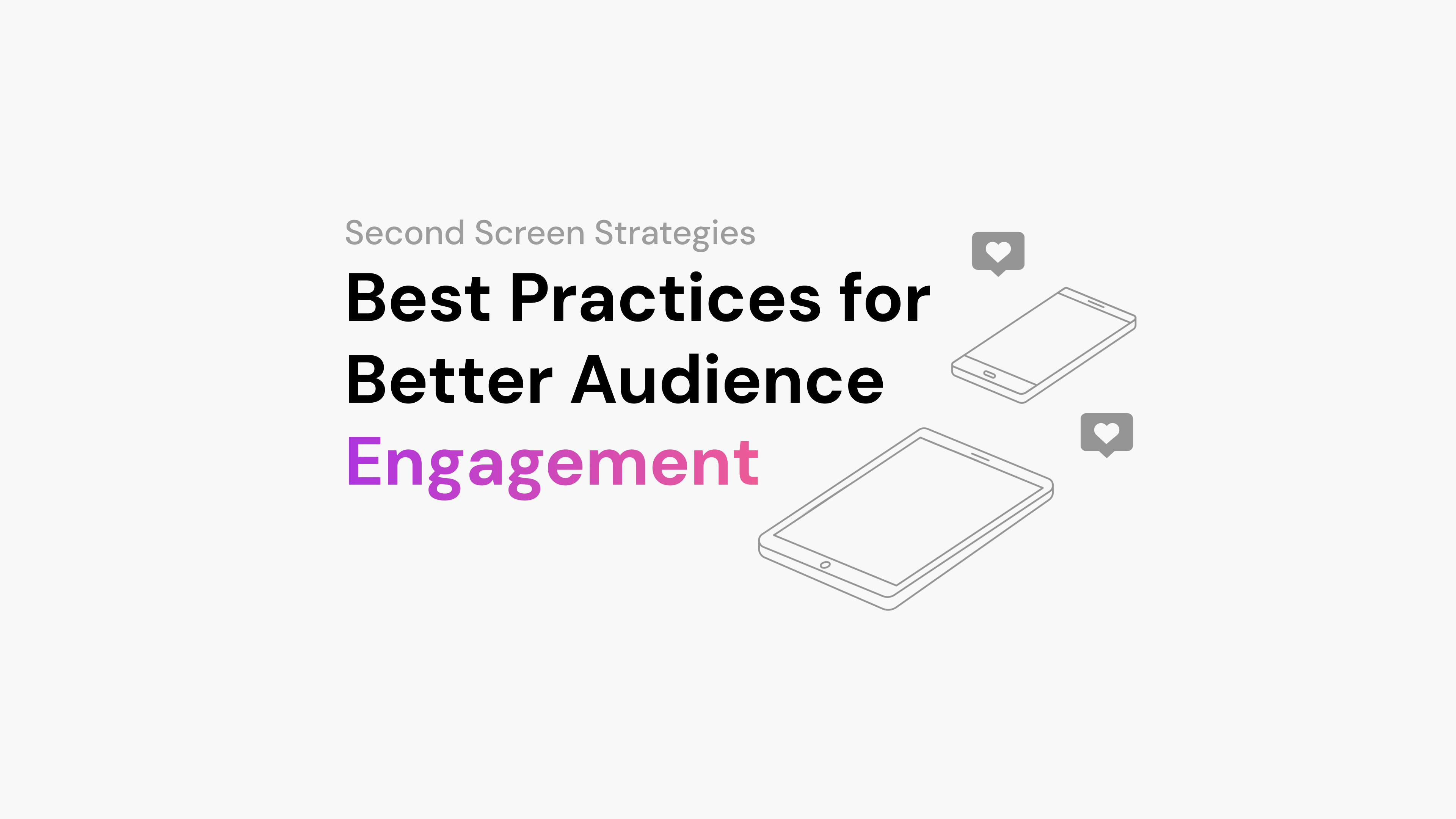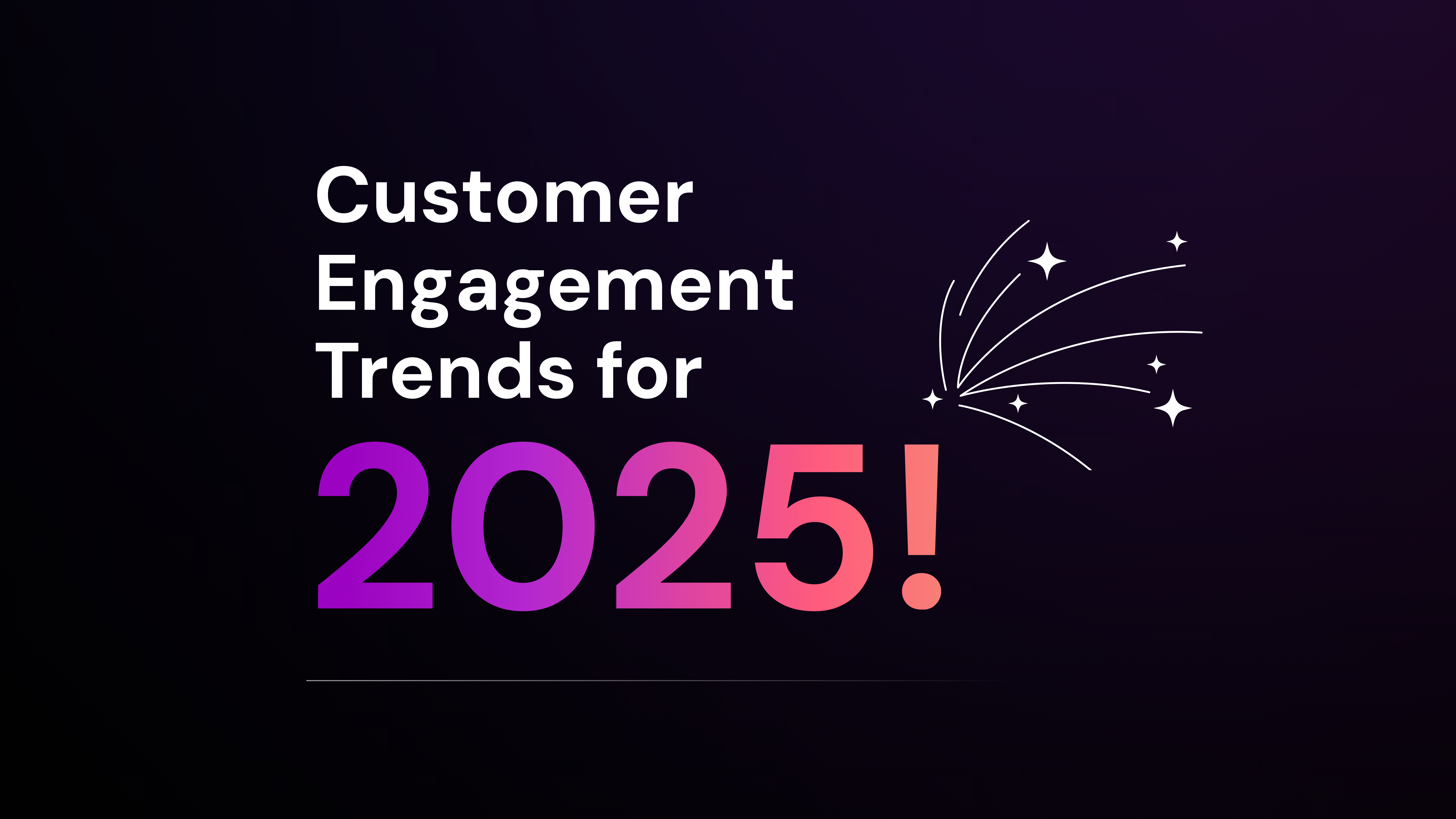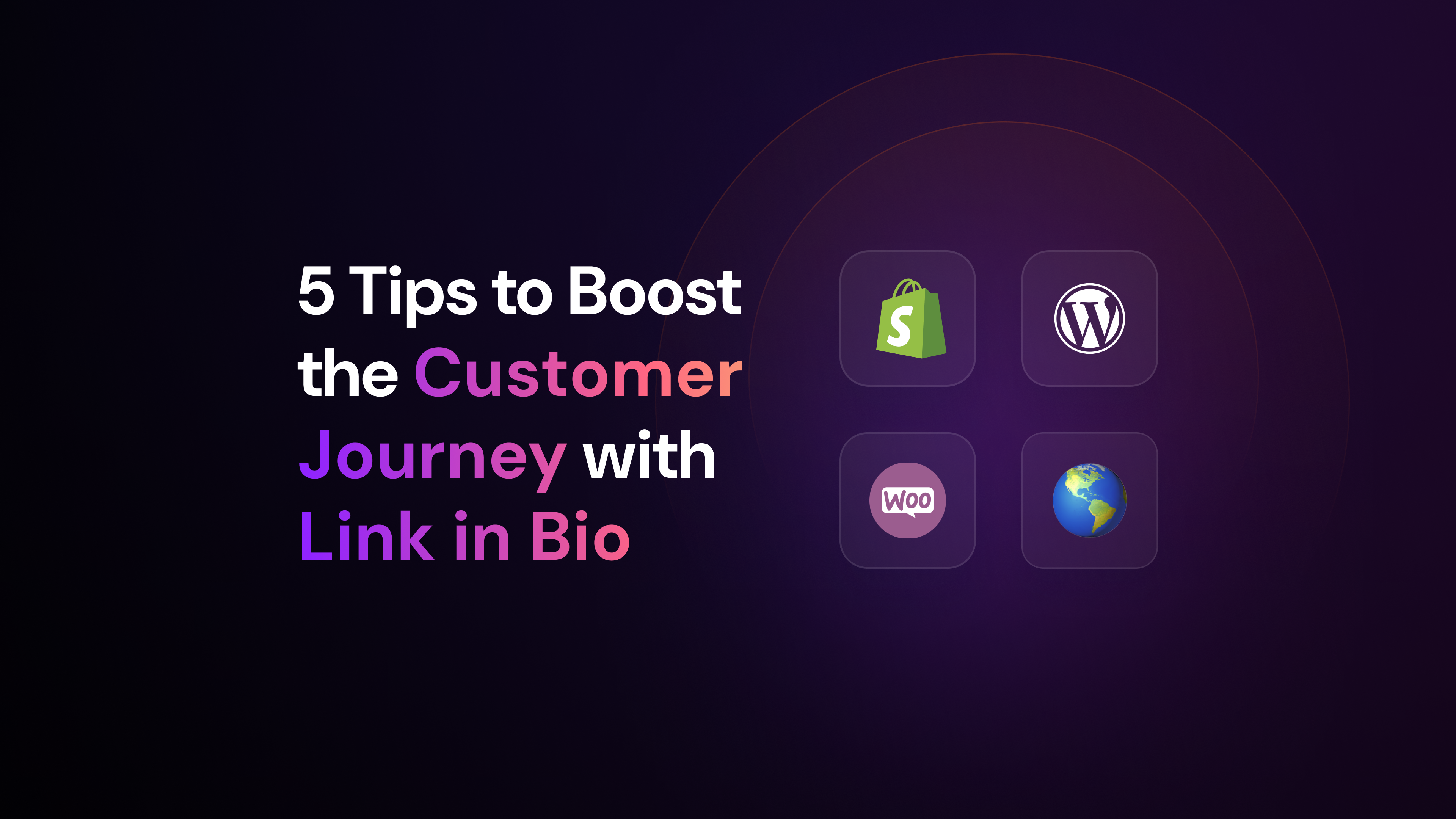Using a CDP is extremely important these days, but just as important is the need to understand why you need it. It’s more than collecting real data, it’s about how you chose to use, such as to improve your business.
Knowing who a brand’s audience is the most significant purpose of a company. It’s the only way to recognize the best way to communicate, find your public, offer them your product or service, and so on. Because of that, from the early years of the internet ascension, customer data collection has been discussed.
Many software and platforms were developed to gather data to help companies better target their audience. However, data collection can be a delicate subject regarding privacy matters.
Indeed, a General Data Protection Regulation (GDPR) aims to give the public more control of what happens to their online data.
While it was extremely common for companies to gather data and sell to third parties, this is now a bit more complicated — especially when it comes to data originated from cookies. Although collecting customer data is still common and required in the market, brands need to be more careful about how they do it and what kind of data they have in their hands.
# Subscribe and stay on top of the news on our blog
A business needs to have accurate data to provide a better customer experience. This means that working with purchased cookies won’t be the perfect solution since they’re mainly anonymous data. For that reason, solutions like the CDP are becoming more notorious. They’re a way to work with real data, hence accurate information, and find the most suitable marketing and sales strategies.
To better understand the search for real data and how a CDP will help achieve that, here, you will learn more about:
- what happened to cookies
- what is the importance of CDP
- why use real-time data collection
- how does CDP influence a company’s strategies
- how does this affect relationships between customers and brands
What happened to cookies?
It has recently come to our knowledge that browsers like Firefox and Google are suspending their support to the usage of cookies. These are the text files that store a user’s activity online. They can be used to save some navigation information and make the process easier. For example, automatically filling a website when you’re reaccessing it, or collecting login information for a page.
However, the primary use is to save data about a user’s browsing history, such as pages visited and browsing time. As we all know, having this type of information is essential for excellent performance in digital marketing strategies.
Because of that, browsers used to support cookies and allow companies to access a user’s information for as long as the cookie was saved on the computer. This means that personal and browsing information would be shared with each company’s website for the same amount of time.
When talking about this subject, we can think of both first-party cookies and third-party cookies. First-party is the information that a company gathers directly from the audience, while third-party is data united from various sources. Other companies mostly buy third-party data.
Though when a company purchases data from another one, information is anonymous. You can’t really know who that person is, and data might not be so reliable. Other brands can also end up with the same information you have since the data provider can sell the same data “package” to anyone.
Because of privacy matters and the GDPR (General Data Protection Regulation), cookies’ popularity has been going down. People started using ad blockers so they wouldn’t be bothered with ads after clicking a product.
Even more, when Google decided to suspend third-party data sharing through its browser, the cookies’ future became quite unappealing. Now, brands that want to work with customer data need to find new ways to gather data — and work primarily with first-party data.
Hence, the CDP comes to the rescue. A Customer Data Platform is a software developed for marketing teams to create more useful content and campaigns.
What is the importance of CDP?
Since it is essentially a marketing tool, the main reason to use a CDP is to know the consumer better. Analyzing and understanding customer data and behavior is crucial to create accurate content. In general, the Customer Data Platform gathers information from a wide variety of sources putting the pieces together to create the ideal consumer profile.
The entire process of data collection and organization is automatized. So the software does all work to give professional marketing information ready to use. However, several teams can have access to this data. All sectors in a company might need some context from the consumers before dealing with their tasks, especially sales and customer support. Still, the products and engineer teams can easily use the CDP information too.
Having data centralized into a single platform is a peculiarity of the CDP. That’s because there were other tools before it that worked with data collection, like the CRM, but none of them were as complete as the CDP.
Further to this, in the era of data-driven marketing, the process of decision making inside a company must be made based on real, accurate information. Since purchased cookies were anonymous, data could be compromised. On the other hand, with a Customer Data Platform, real data is at easy reach.
Accordingly, the service generates better results through the personalization of communication. Businesses that are continually looking for ways to improve ROI can find their needs fulfilled with the CDP. Being a data-driven company and working with real data makes you one step ahead of competitors.
# Subscribe and stay on top of the news on our blog
Why use real-time data collection?
It’s not only about data collection, but mostly about real-time data collection. What’s the difference, you ask? Well, working with anything in real-time is an advantage. In this case, it means that the data collection software, such as a CDP solution, will start gathering information from a person’s first visit to your page.
For the company, it is a strategy for improving the promptness of a response and communication system. Therefore, improving every customer-related service in the company. It’s no secret brands use CDP to have better customer relationships, audience engagement, and audience targeting.
Moreover, it is possible to classify visitors into customers and qualified leads as soon as they access your website. Equally, having a database with real-time data makes it easier to take actions that are on the spot, allowing you to see where the current strategy is failing and what needs to be improved.
Overall, working with a CDP makes the company look active and worry about treating customers the way they deserve.
How does CDP data influence a company’s strategies?
Whatever product or service you provide, there’s no doubt you have competition. Because of that, brands need to offer the best solution and customer service at every moment. Nowadays, it’s hard to catch someone’s attention, but extremely easy to lose it.
So, even though a company should work to create a good reputation in the market, no matter what, aiming to be ahead of the competitor is necessary. After all, having a customer turn into a brand advocate is not easy, but highly relevant to a company’s strategy.
Consequently, it’s required to offer the best customer experience out there. For that, you must know who your consumer is, ergo, the use of CDP.
A Customer Data Platform can gather data from multiple sources, from social media and in-apps to sales engagement and product use. This is what makes the software such a unique solution, since the more information you have, the more accurate the ideal customer profile will be. From then, not only marketing strategies will be perfected, but also sales and customer support.
As professional marketing, you know it’s no proper working with guesses in any business. Thus, making decisions founded on real data will lead to several benefits — including the increase in audience engagement.
How does this affect relationships between customers and brands?
When we talk about acquiring a CDP solution, the main reason is to connect with the customer. Thus, it’s logical that it’ll have an impact on the relationship between customer and brand. Since it’s possible to understand and know the consumer thoroughly, it thereby becomes possible to make them more satisfied by providing truly personalized service.
When customers are more satisfied, they are more likely to recommend your mark to other people. With the right after purchase strategy and content, they may even become brand advocates. And why is this so important? For a company, it means a better return on investment and lowers costs with customer acquisition.
After all, it’s less expensive to retain clients than to acquire new ones. That’s why many companies started working with a customer-centric strategy as well. If there are no customers, a business can’t survive in the market.
Arena is a CDP platform that will revolutionize your company. With our real-time data collection system, all marketing and sales strategies will be refined and boosted.
To better understand how that’ll happen, download our ebook Customer Data Platform 2020: the future of marketing and sales. It has everything you need to know about acquiring and using a CDP to make your brand a reference.



